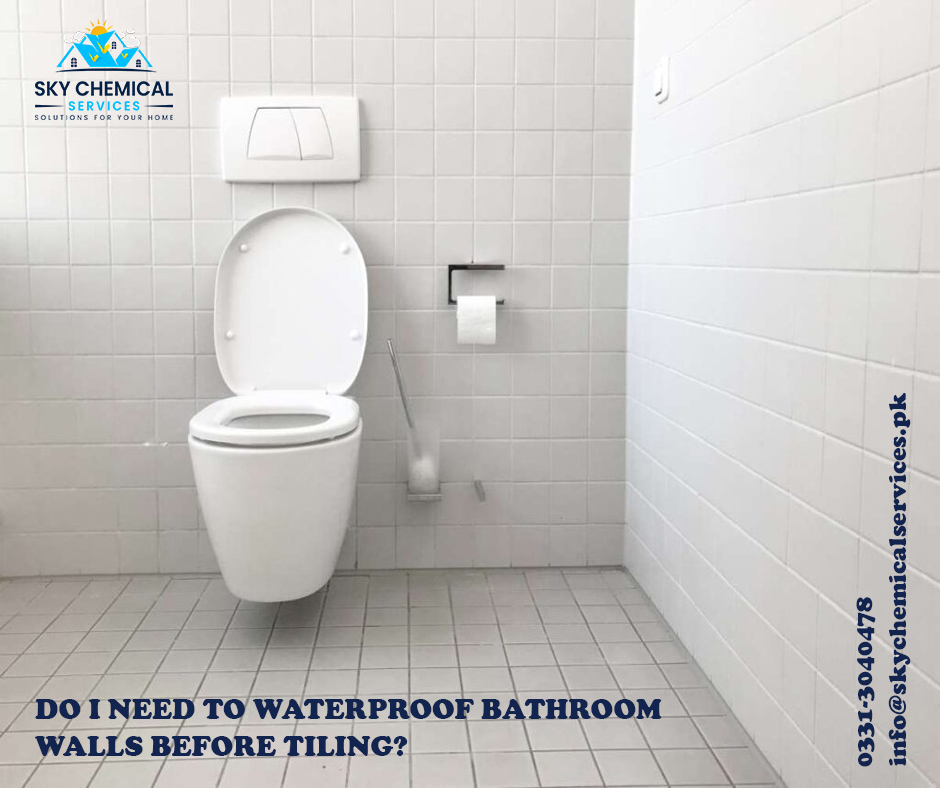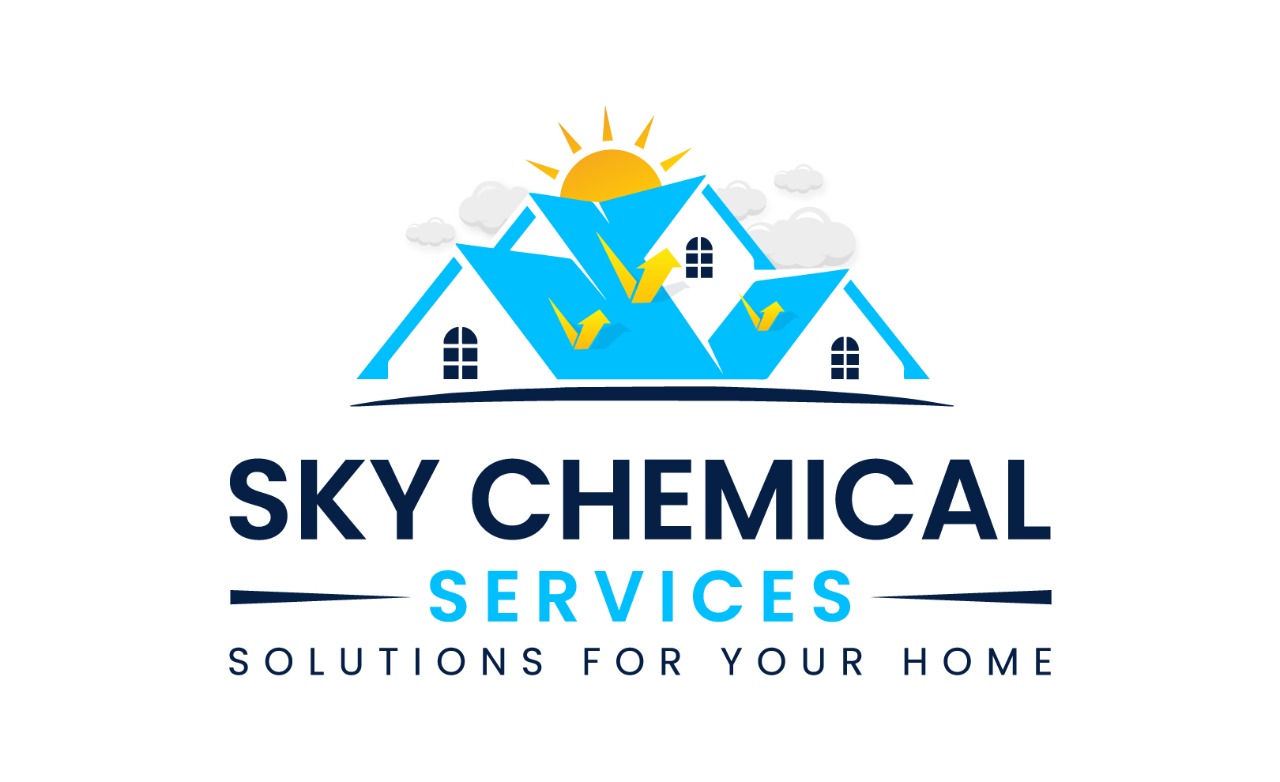
Waterproofing bathroom walls before tiling is a crucial step in ensuring the long-term integrity and durability of the structure. Bathrooms are high-moisture areas prone to water splashes, steam, and condensation: water can seep through walls, leading to mold growth, rot, and structural damage. For optimal results, connect with Sky Chemical Services, the best waterproofing company in Karachi, Pakistan
Why is Waterproofing Necessary?
To have a water-resistant atmosphere at homes or offices is a boon, typically in cold and damp regions where rainfall is hard to manage. Together with individuals and pets, valuable assets, such as TVs, PCs, and fixtures are protected from water ingress. Sealing the underlying surface is, therefore, essential to elongate the useful life of the structure.
Read More
Waterproofing Basement and Walls
How Do Waterproofing Experts Help in Basement Waterproofing in Karachi?
Protection Against Water Damage
Bathrooms are exposed to moisture excessively. And without waterproofing, water can penetrate through the grout lines and tile adhesive, seeping into the substrate and causing damage to the underlying structure. Applying a waterproof membrane or coat can augment energy efficiency, maintain a limpid environment, and increase the property’s resale value.
Preventing Mold and Mildew
Suppressed moisture can enhance the growth of mold and mildew in bathrooms. To waterproof the area, clean the entire surface with different tools, such as scrubber, negative air machine, and chemicals (vinegar, borax, hydrogen peroxide, etc.)
Methods for Waterproofing Bathroom Walls
Waterproof Membranes
Waterproofing membranes are thin, flexible sheets or liquids that create a barrier to prevent water from reaching the substrate. These coverings can envelope the specified area and disallow air molecules to cross through the surface. In addition, the thickness remains uniform and regular.
There are two main types of waterproof membranes:
- Sheet Membranes: These coverings are made from materials like polyethylene, PVC, or rubber. They are applied to the walls with a strong adhesive, forming a continuous and impermeable barrier. Sheet membranes are suitable for large-sized areas.
- Liquid Membranes: Liquid waterproofing membranes are spray or hand applied onto green roofs, decks, terraces, and other places. Moreover, complex structures or corners are managed with ease. These coverings form a seamless layer after the curing process.
Cementitious Coating
Cementitious waterproofing is composed of cement, sand, and chemical additives that form a slurry when mixed with water. This slurry is applied to bathroom walls, creating a reinforced protective layer. The coating thickness lies between 1/16 to 1/2 inch (1.5 to 13mm).
Hybrid Systems
Some waterproofing systems combine different methods to offer enhanced protection. For example, a combination of sheet membrane and cementitious coating can provide a robust and reliable waterproofing solution for critical areas. This type of coating is termed as ‘hybrid systems’.
Read More
Best Brushes for Polyurethane Coatings
Bathroom Waterproofing: What You Need to Know
Factors on Why Polyurethane Foam is Essential For Homes
Best Practices for Waterproofing Bathroom Walls
Surface Preparation: Ensure that the bathroom walls are clean, dry, and contaminant-free. Prepare the surface to achieve strong adhesion and a long-lasting finish.
Use Guidelines: Apply the waterproofing material by following the manufacturer’s instructions. Each product has different application methods, drying times, and coverage rates.
Address Joints and Corners: Pay special attention to joints, corners, and minor changes on the surfaces; these areas are more vulnerable to water infiltration and leakage. Use reinforcing fabric or additional layers of waterproofing membrane to fix the problem.
Test Waterproofing: After applying the waterproofing material, conduct a water test to check for leaks or any problematic areas in the waterproofing system.
Conclusion
Waterproofing walls before the tiling process is crucial for protecting your bathroom from water damage and structural issues. Consult with experts from Sky Chemical Services before choosing the waterproofing membrane, whether its sheet, liquid, or cementitious. Remember, this investment will save you from costly repairs and potential issues in the future.
